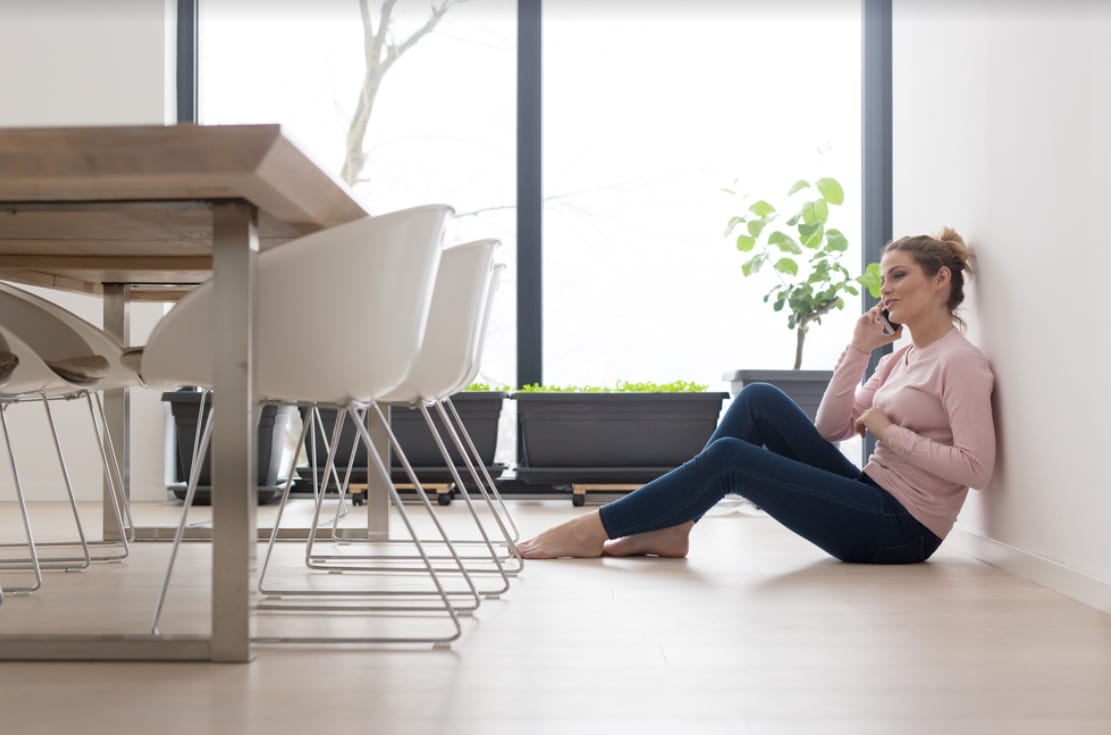As parents or even just adults, springtime takes on many meanings. We may make New Year’s resolutions at the end of December’s cold winter but in actuality we tend to be more motivated and energetic come late April and May. There is something fresh and renewed in the air. But as adults that doesn’t just translate for us into more hiking, kayaking, bike riding, etc. It also means spring cleaning is here. It’s like a holiday, except on that isn’t celebrated.
For children, springtime and spring-cleaning take on totally different meanings. Kids want to be outside, playing and getting dirty. They do not want to be inside doing chores, and cleaning things.
As adults we realize that cleaning up in general is part of what has to be done. We understand the dangers and risks of mold, bacteria and germs. We know full well that it is harder to clean in big chunks than it is to clean in smaller ones throughout the year. We comprehend the psychology of it from the benefits to our resistance and even though we have “off” days, we still get the job done. Like simple tasks in vacuuming your floors and wiping your windows to cleaning the kitchen. Going aside, go to Vacuum Judge to find out more about vacuum cleaners you can use when you’re in a hurry.
So for those of us who are parents or caretakers, how do we transfer that level of maturity to our children?
In addition to being a clean-freak, I have been a professional music and piano teacher for decades. While the piano and notes are always the same, each student uses them differently and requires a different conversational method during their lessons so they can learn at an individualized, full capacity. That being said, I found that the following overall guidelines help establish structure, productivity and less resistance both in the classroom and at home; every week; when it’s time for room-cleaning.
Read on, and – good luck!

Footprints and Impressions
There’s a blunt statement in music that says, “Those who can’t play, teach.” Well, I do know great players who can’t teach but I honestly don’t know great teachers who can’t play. There is something organically effective about setting quiet examples. My father always helped my mother make the bed when I was growing up even if they weren’t getting along at the moment. He never forced me to follow suit but to this day the impression he left lasts in the way I handle things around my home. Conversely, I was forced to take out trash and mow the grass. Those things I hated and today I still don’t want to mow the grass.
Kids are impressionable, so make a good impression. Clean up after yourself and be happy about it, especially in front of your children. Put on some music, whistle, sing and smile when cleaning. Make subtle comments about how happy your are in a clean, open space, and when the house smells fresh.
If you leave big, healthy footprints, more times than not your children will follow in them.
Rules for the Resistance
There are definitely times when children need rules. There will also be times when those rules will be broken and you’ll have to go in hard to enforce them. Making positive impressions is an organic, subtle and effective way to help your children learn and grow. They definitely need room to be creative and expressive individuals. But without definitive expectations and guidelines, children can just run amok and straight into bad habits and traits. Making your bed each morning has been proven to increase daily productivity and focus. Put that on a daily chores list. Food left in rooms breeds germs and bacteria, which can make your kids – and the whole family – sick. Put cleaning food out of their rooms on a nightly list as well. Or, as many parents do, ban food from being taken to rooms in the 1st place.
Whatever you expect of your children, and however you choose to run your home, your children need you to define your needs and expectations of them clearly. Set schedules, make lists and post them visibly. Have weekly conversations at dinner about the house, etc. Give them reasons why things need to be cleaned and give them examples of results. Kids don’t like pain or being sick. Moldy food under a bed can lead to both, so talk about how important it is to keep a clean floor, etc.
You will get resistance. That’s natural. You children will still appreciate the structure sooner or later. And, they will feel the love and respect you have for them by giving them good information about what is expected of them.
Put Them In A Position To Succeed
Right along with giving your children good information is giving them what they need to actually do the jobs you ask them to do.
Your children can’t put things away if they have no place to put those things. Provide storage containers such as totes or bins. Explain what they’re for and why. Take your children shipping with you and let them pick out their own totes. Give them a stake in the cleaning claim. Take them to Goodwill and/or Salvation Army and let them get some clothing or toys from there and tune them in to how those organizations work. Let them receive the benefits of those places so they are more inclined to donate their unused toys and clothing back to them when the time comes.
One Week At A Time
I know that even as an adult I like to have my own space where I can feel free to be myself and do what I want, whenever I want to do it. Kids want to know you’re there for them while simultaneously wanting you to just leave them alone. There’s no real winning that battle for you as a parent but you can deflect and work around it.
Maybe one week a month your child or children get some time off from chores. Even great nutrition programs have cheat-days, or free-days built into them. Some of it is mental balance, some of it is just loosening the leash a little and some of it is biological. If your body eats no sugar and no fats it will steadily lose it’s ability to break them down or burn those relative calories. I’m not saying to gorge yourself on a box of donuts. But go ahead and eat some dessert or dish you don’t normally eat so your body remembers how to fight those things.
I’m also not saying let your children run wild all the time. But maybe it’s a good thing to let them have a sense of freedom on occasion. And maybe the reverse psychology of a nasty, messy room will make them appreciate the positives of a clean one more readily. Either way, as your child and household dynamic grows, grow with it week-by-week so can keep a clean house and your sanity throughout your active, parenting years.
Final Thoughts: Make a list for yourself about what is working or not working in your home regarding cleaning. Discuss this in private with your spouse, and then have a household discussion about it based on facts and solutions.




















